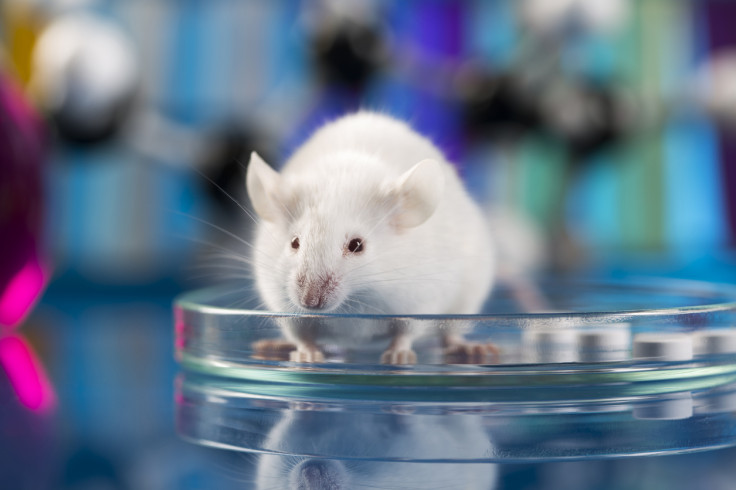Genetically engineered lab mice to boost COVID-19 vaccine and research: Experts
A team of experts from the Washington University School of Medicine in St. Louis, Missouri have created a mouse model of COVID-19.
Studies have shown that the 2019 novel coronavirus attaches to a protein called angiotensin-converting enzyme 2 (ACE2) in the respiratory tract of patients. While laboratory tests attempt to replicate this in mice, a problem arises because the genetic makeup of the animal's ACE2 is different from humans. This turns into a roadblock for researchers hoping to develop a treatment or vaccine for COVID-19. It is important to thoroughly determine its safety before a drug can be approved for human trials, which is why a mouse model was developed to speed up the process.
It appears that a team of experts from the Washington University School of Medicine in St. Louis, Missouri have created a mouse model of COVID-19. It should give scientists a viable testing medium for medications that can potentially be effective against the disease.
Several biotech companies are concurrently working on treatments and vaccine candidates that can be safely administered to humans without minimal to no side effects. However, only a few laboratory mice can be successfully infected by SARS-CoV-2, as reported by Medical Xpress.
Herbert S. Gasser Professor of Medicine and expert on viral infections, Dr. Michael S. Diamond, is the principal investigator of the project. "There's been a huge push to develop vaccines and therapeutics as quickly as possible, and since animal models have been limited, these investigational drugs and vaccines have been put directly into humans, and many of them haven't panned out," according to his statement.
Aside from COVID-19, the team hopes to advance the mice model to learn more about chronic lung disease and conditions such as diabetes. This should hopefully shed some light as to why some people are prone to develop severe symptoms while others recover at a much faster rate.

"Mice are useful because you can study a large number of them and observe the course of the disease and the immune response in a way that is hard to do in people," he added. "It would be more cost-effective and efficient and safer for people if we could get more information about how these potential drugs and vaccines work and how effective they are before we move to more challenging non-human primate and ultimately human studies."
© Copyright IBTimes 2025. All rights reserved.





















